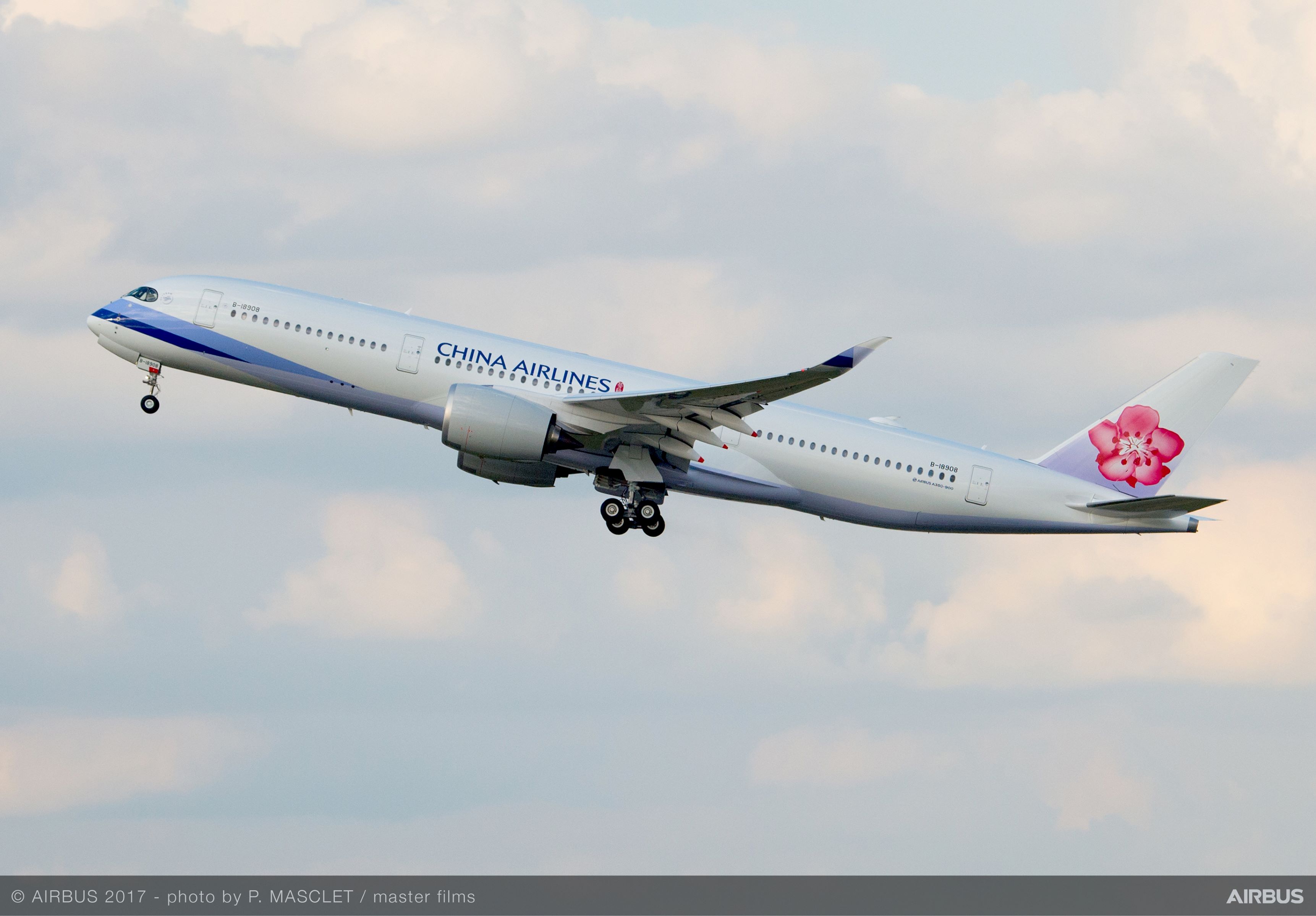China Airlines Carbon Reduction Targets Passes SBTi Review, A First for the Taiwanese Airline Industry
Veröffentlicht: Jun 27, 2024Taiwan-based China Airlines has actively responded to international carbon reduction initiatives, becoming a pioneer in 2022 by signing up for the Science Based Targets initiative (SBTi) and continually advancing its carbon reduction goals in accordance with the guidelines. This June, China Airlines became the first transportation operator in Taiwan to pass a formal organizational review by SBTi. China Airlines was also recognized for meeting the science-based pathway aligned with the Paris Agreement under the United Nations Framework Convention on Climate Change (UNFCCC), which aims to limit global warming to 1.5°C. This demonstrates that China Airlines' carbon reduction targets align with international sustainability trends, establishing it as a leader in Taiwan's industry.
The SBTi is a partnership between the United Nations Global Compact and CDP, an international carbon reduction advocacy body. It is now the most trusted carbon reduction target assessment body in the world. SBTi advocates for “science-based action on net zero emissions” and has defined a set of rigorous planning guidelines for carbon reduction targets that help businesses with defining their short and long-term carbon targets and strategic pathways. Carbon inventory and carbon reduction management are now being actively promoted by the CAL Group. The Group is also firmly on track to achieving net zero carbon emissions from business activities by 2050. The scope has also been expanded to the whole Group and supply chain in accordance with SBTi guidance of the aviation industry. “Short-term carbon reduction targets” have now been set with fuel efficiency to be improved by 26% in 2030 compared to 2019.
China Airlines became the first carrier in Taiwan to introduce the use of Sustainable Aviation Fuel (SAF) for ferry flights of new aircraft in 2017. The Singapore-Taipei Sustainability Demonstration Flight in 2023 pioneered the Taiwanese use of SAF for passenger and cargo flights as well. In the future, China Airlines will support the SAF pilot trial being promoted by the Taiwan Civil Aeronautics Administration. The Tokyo (Haneda) route from Taipei (Songshan) will join the SAF trial from 2025 onwards. China Airlines has been a longstanding promoter of environmental, energy and greenhouse gas inventory management systems that conform to international standards and sustainability trends. By combining the ISO 14001, ISO 50001 and ISO 14064-1 with the Task Force for Climate-related Financial Disclosures (TCFD) management operations, CAL began publishing annual TCFD independent reports in 2021. The report is now in its fourth edition. The latest report will incorporate the concept of Task Force on Nature-related Financial Disclosures (TNFD) to strengthen risk and opportunity management for climate change mitigation and adaptation, biodiversity, and other environment-related physical and transition topics. Management of risk and opportunities relating to physical and related financial disclosures will boost the resilience and sustainable competitiveness of business operations.
This year, China Airlines was evaluated by the CommonWealth Magazine’s “Corporate Carbon Reduction Thermometer” and found to be an outstanding business with the highest level of carbon reduction performance. The 1.5°C certificate was awarded to the most outstanding businesses in terms of transportation sector in Taiwan. China Airlines plays a key role in Taiwan’s aviation industry and will actively face the challenges of global climate risk. In the future, the airline hopes to continue partnering with the Group, supply chain, partners and stakeholders, and practical proper carbon reduction and management. Having the right climate change responses in place will serve as a demonstration of the Company’s commitment to corporate sustainability.(2024/06/27)






